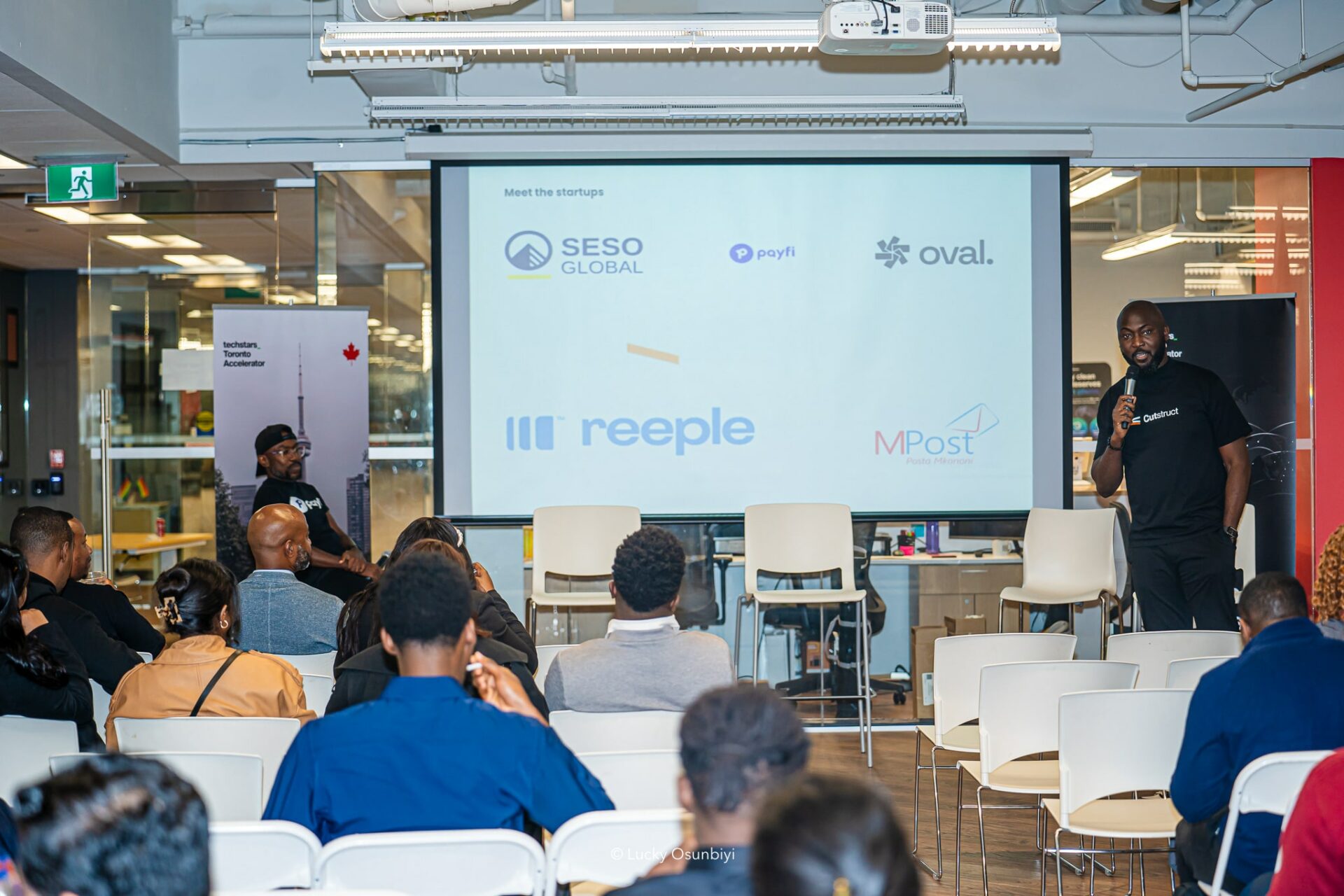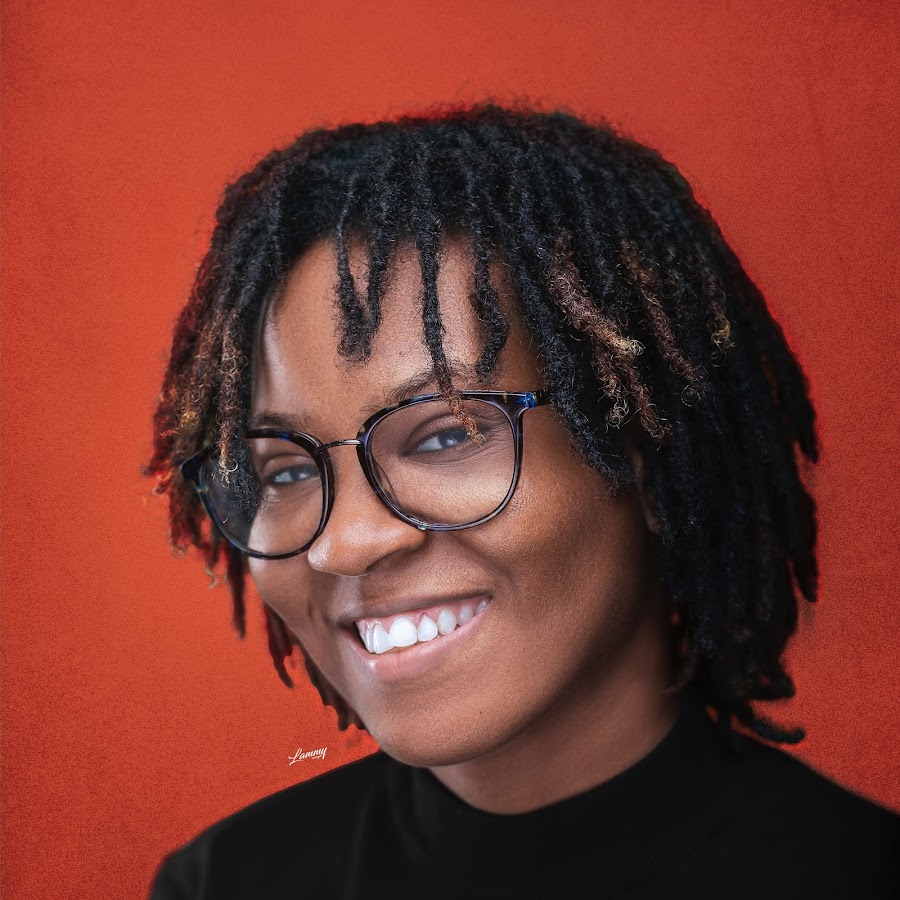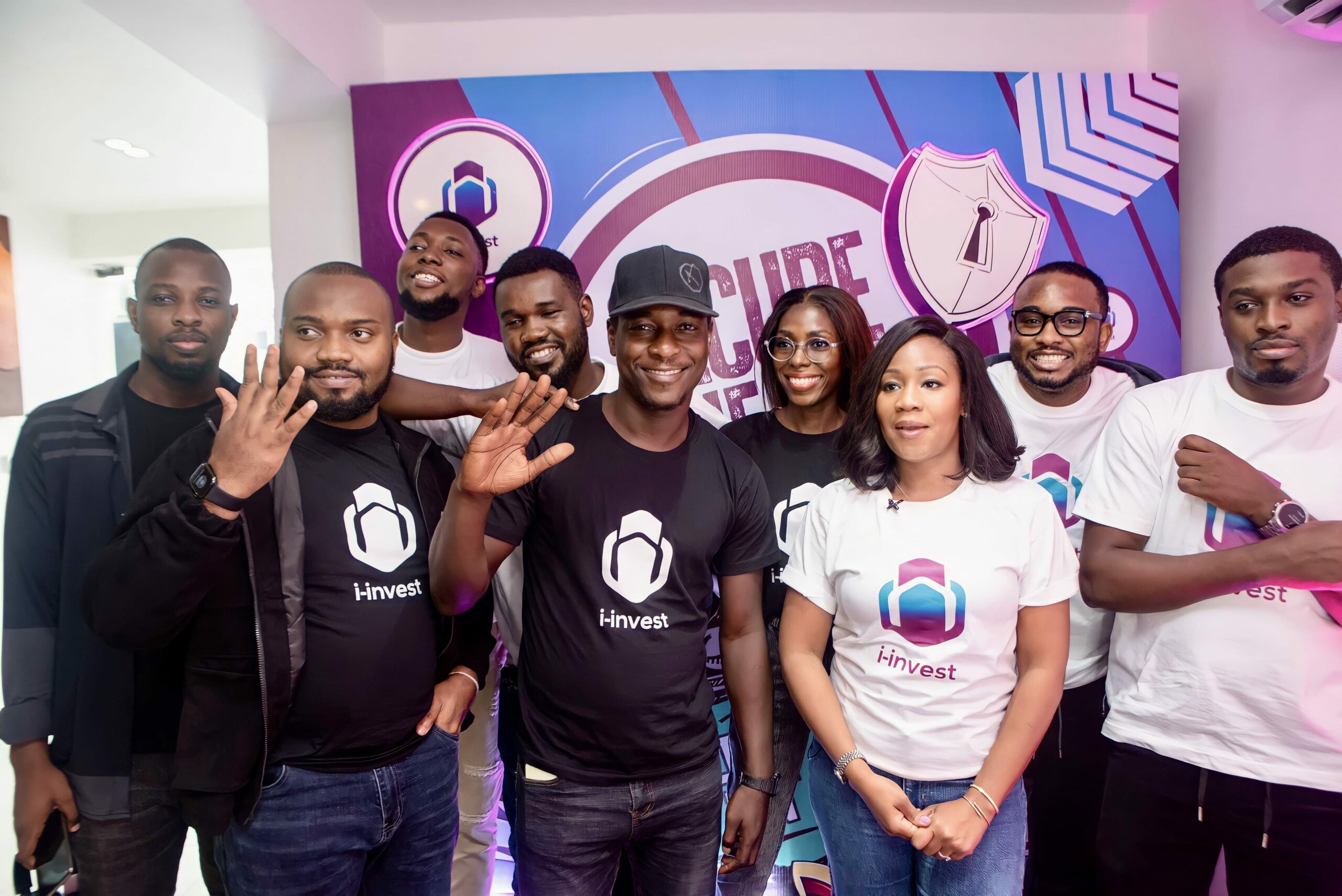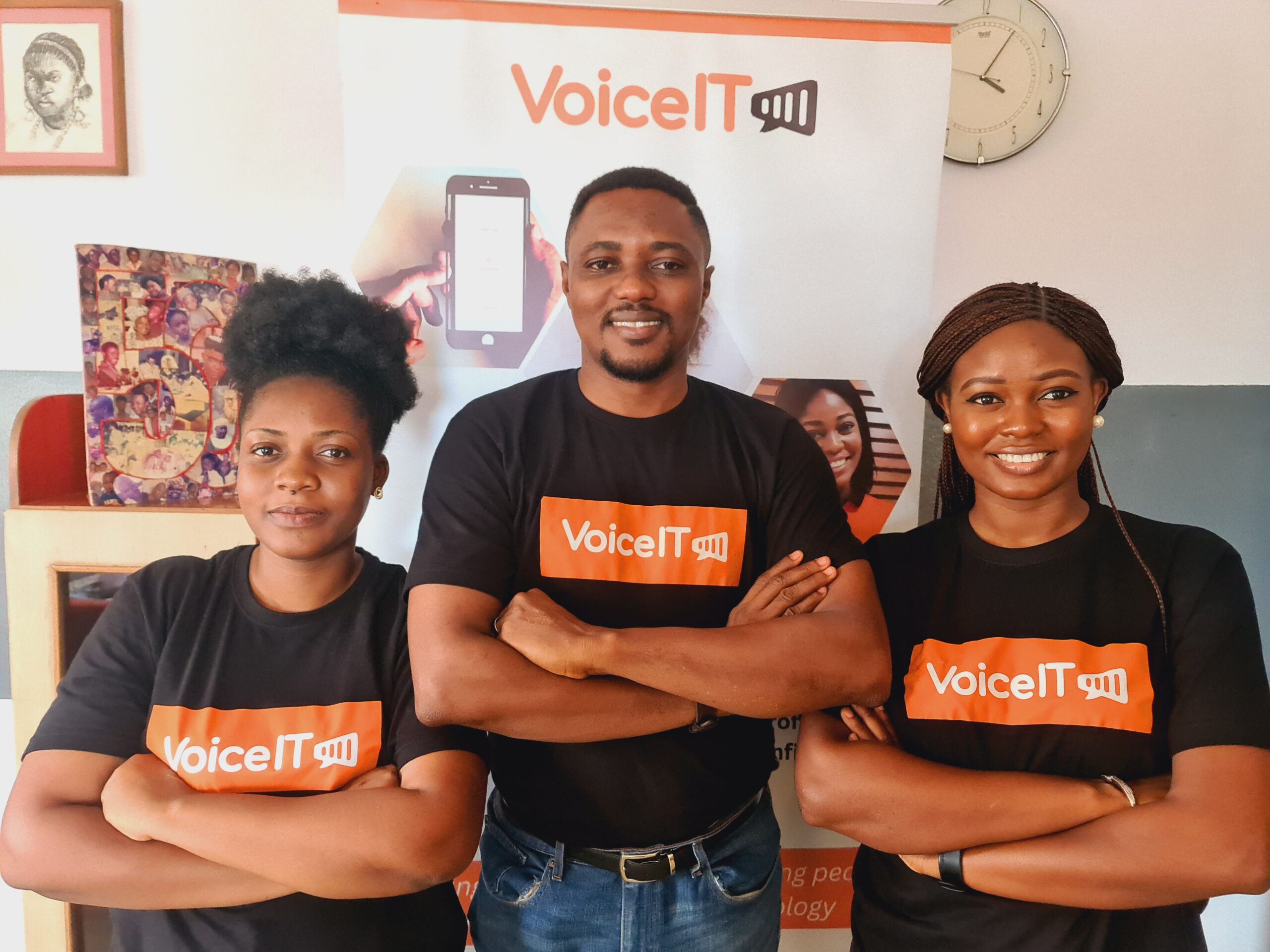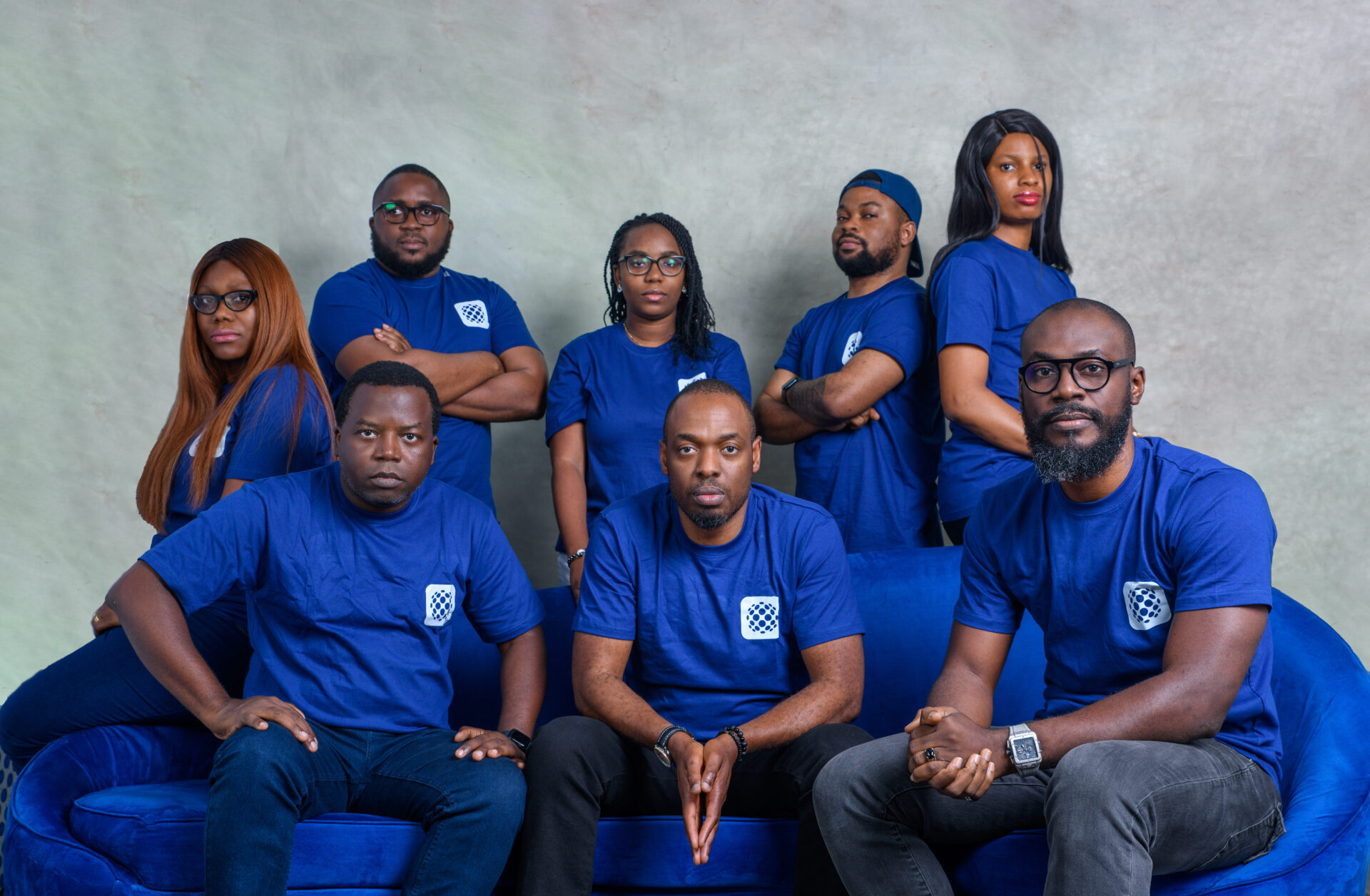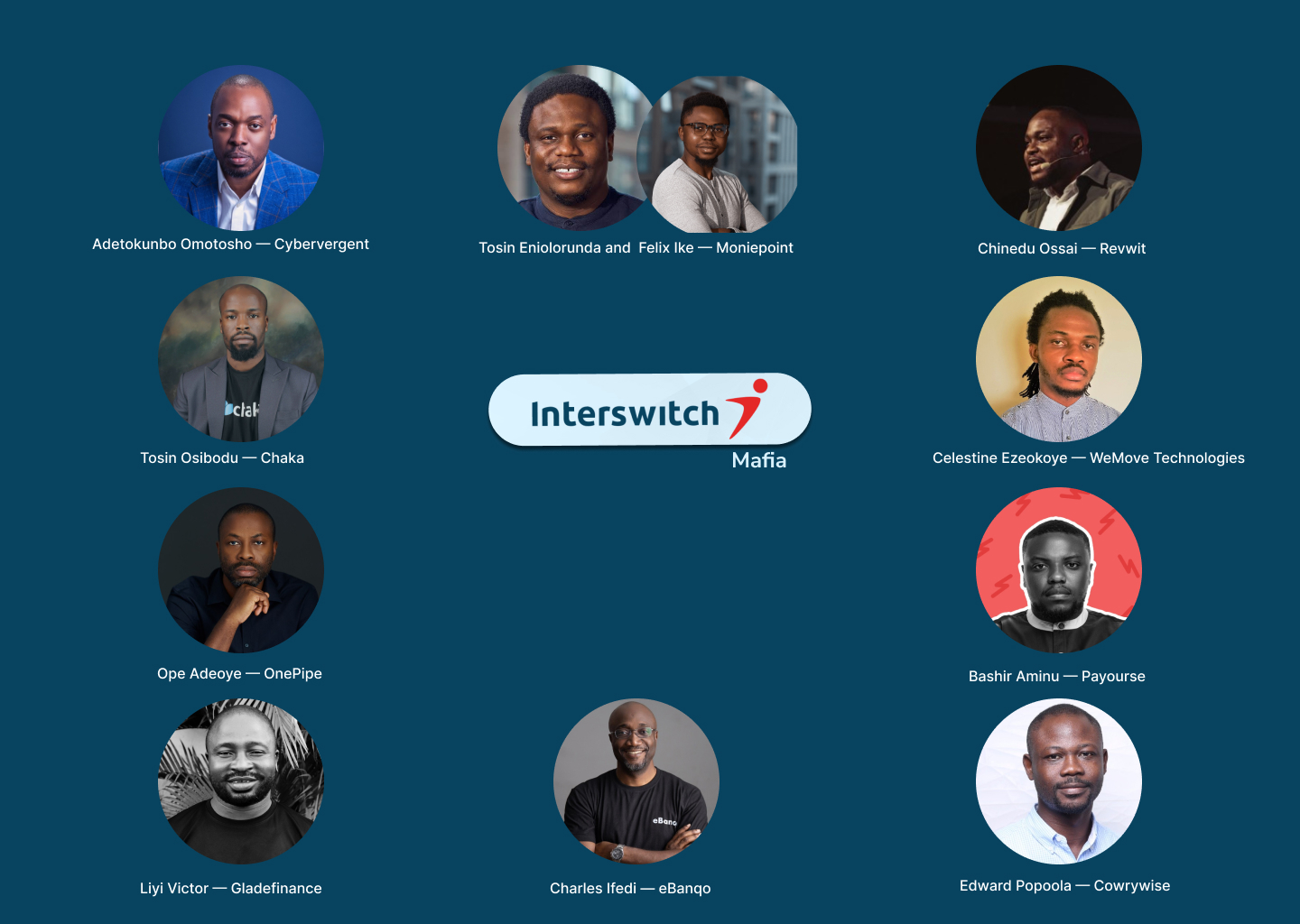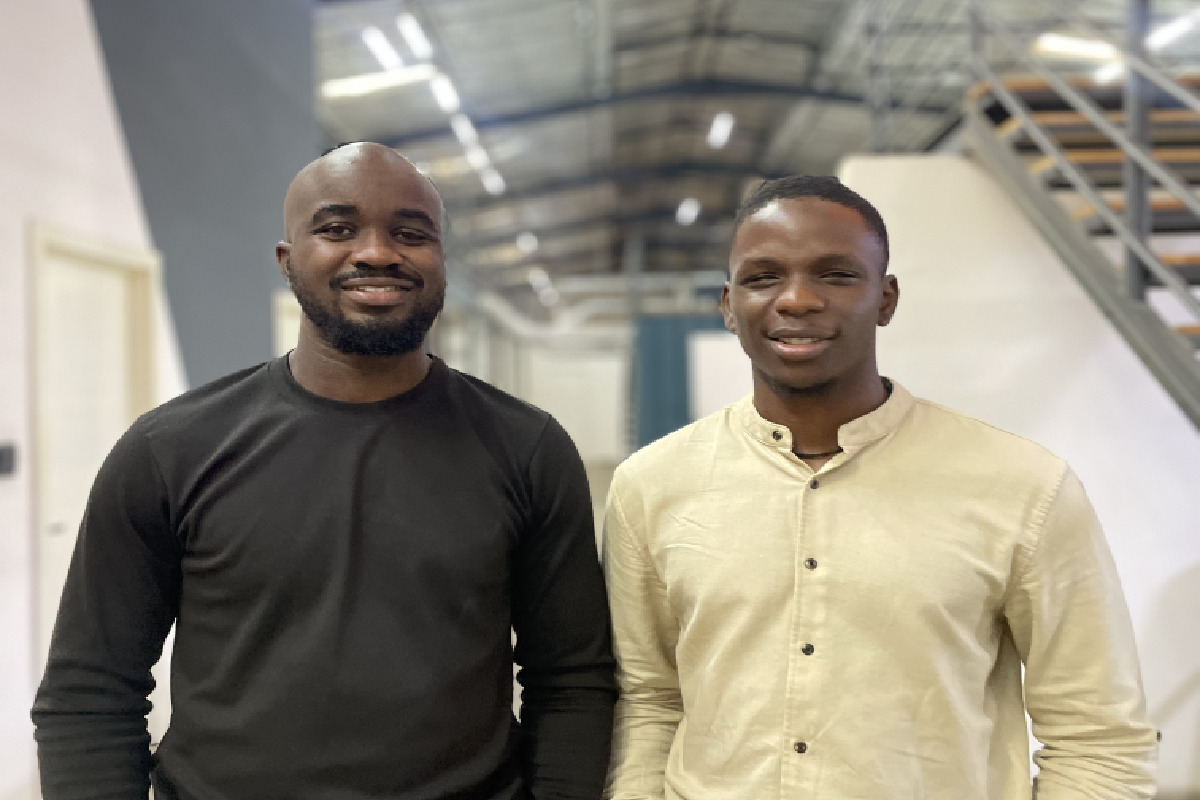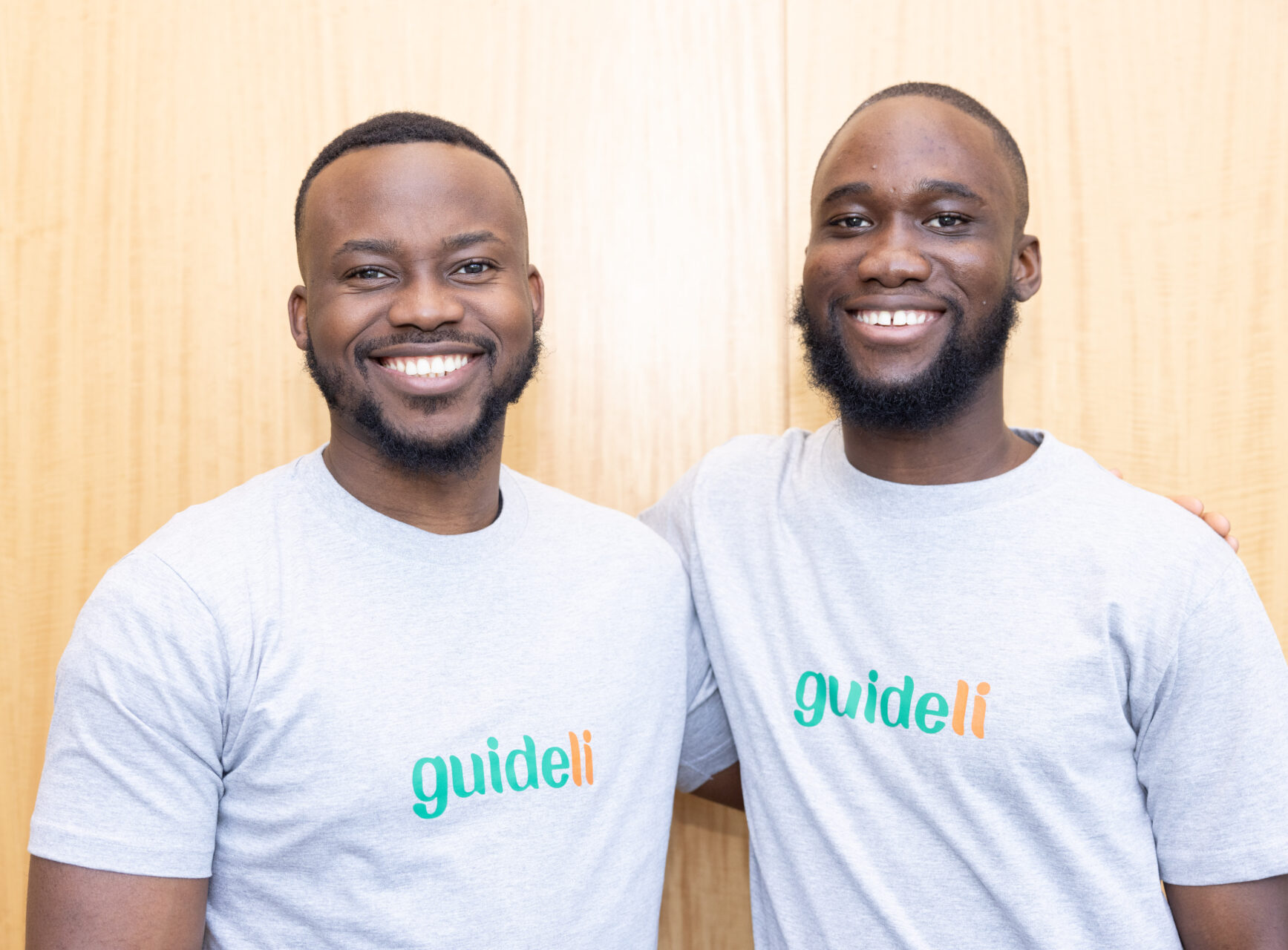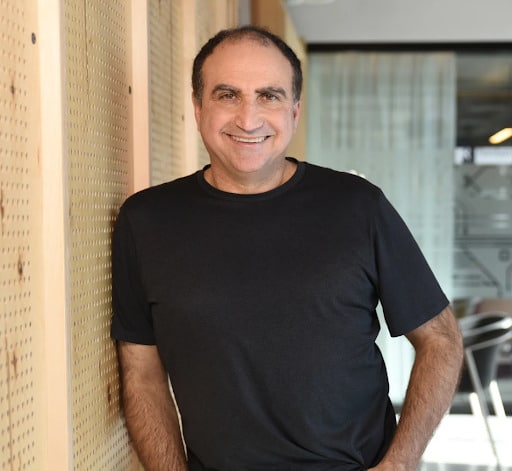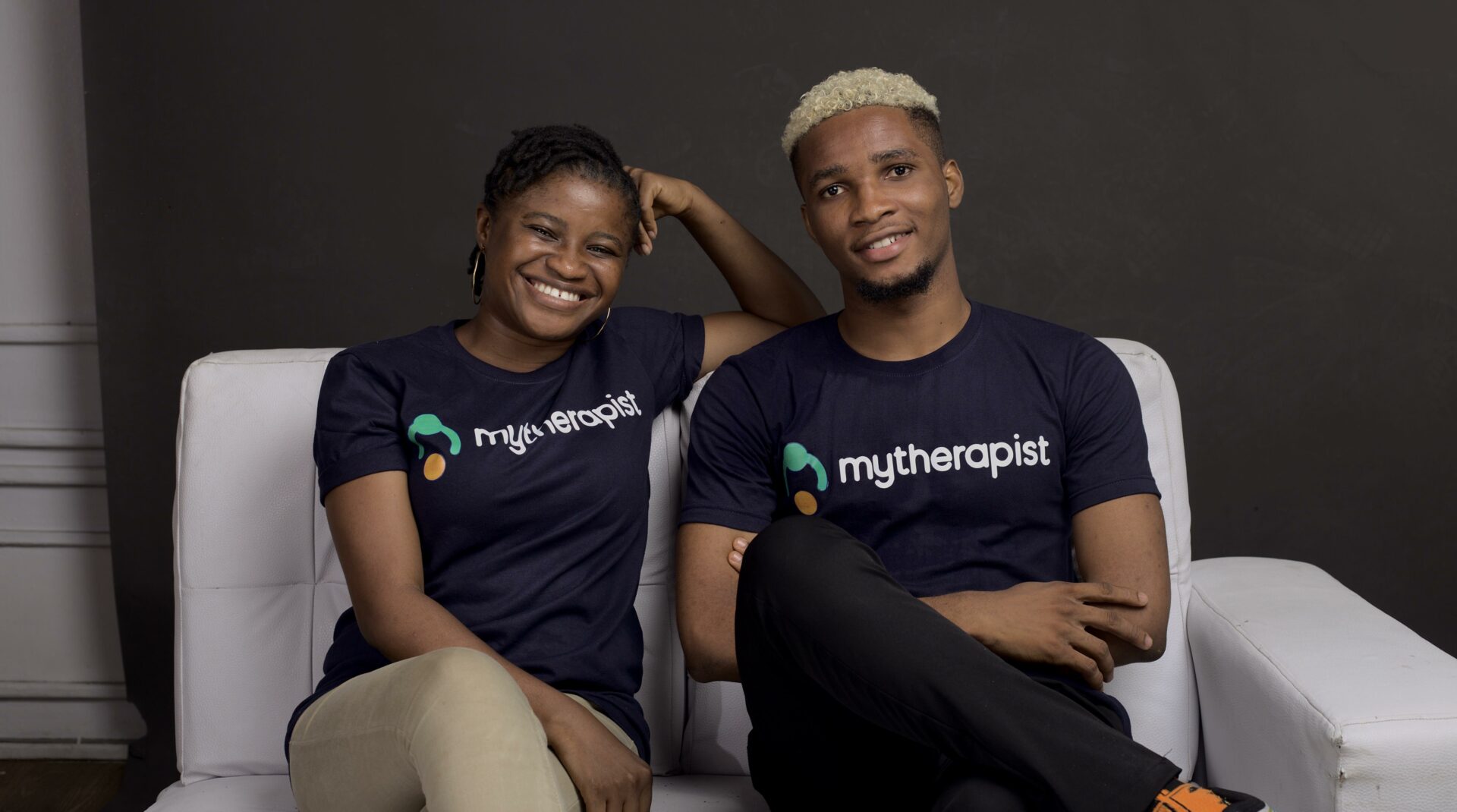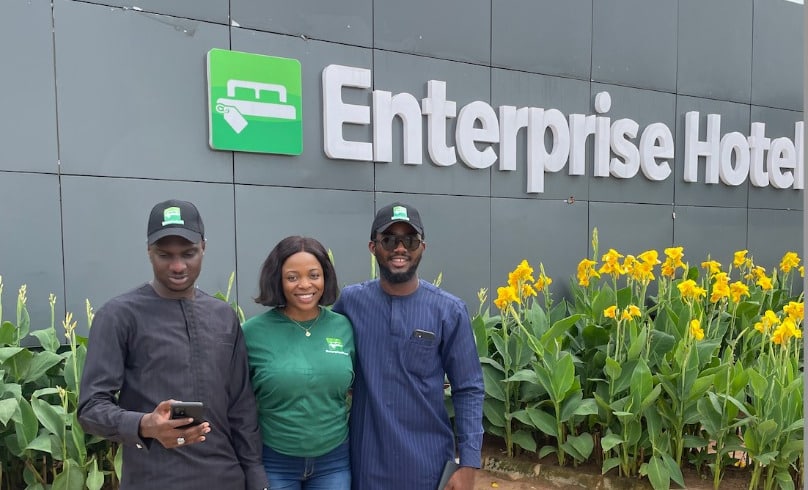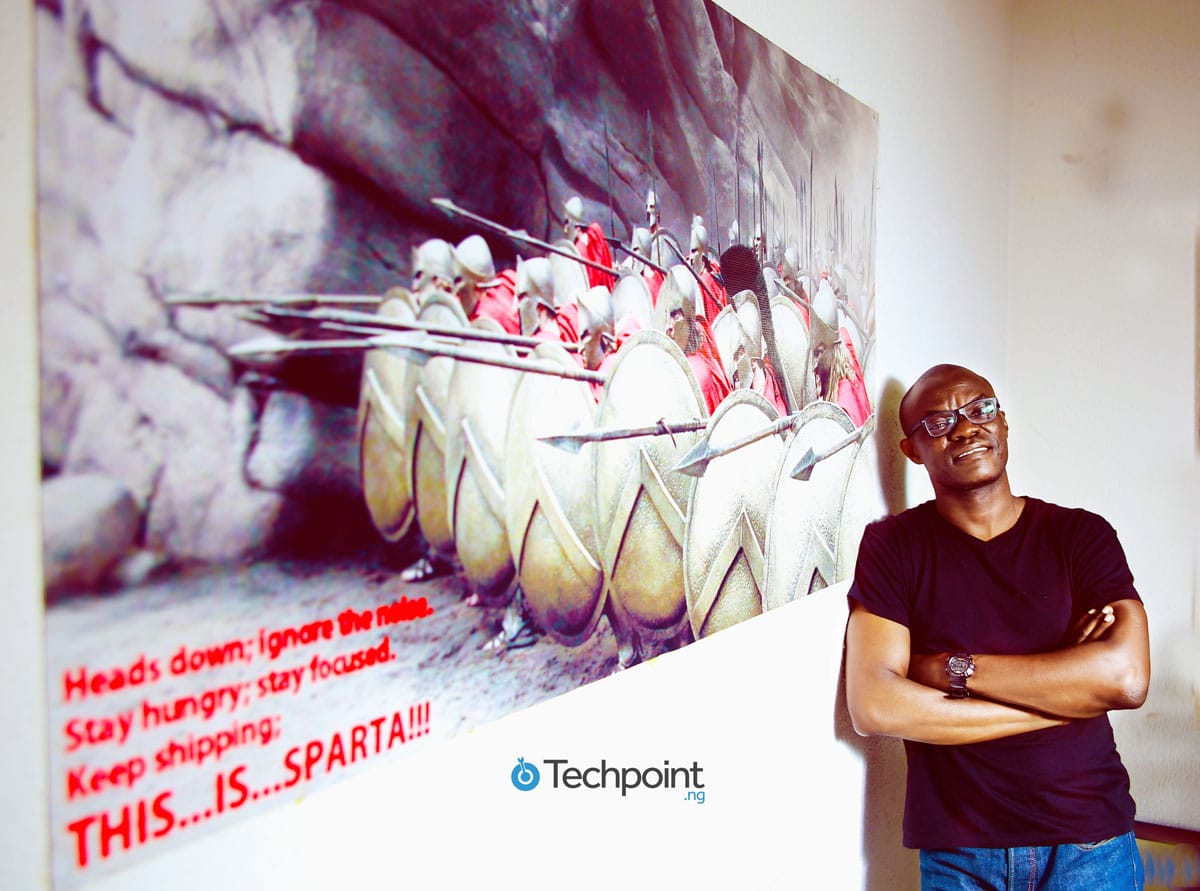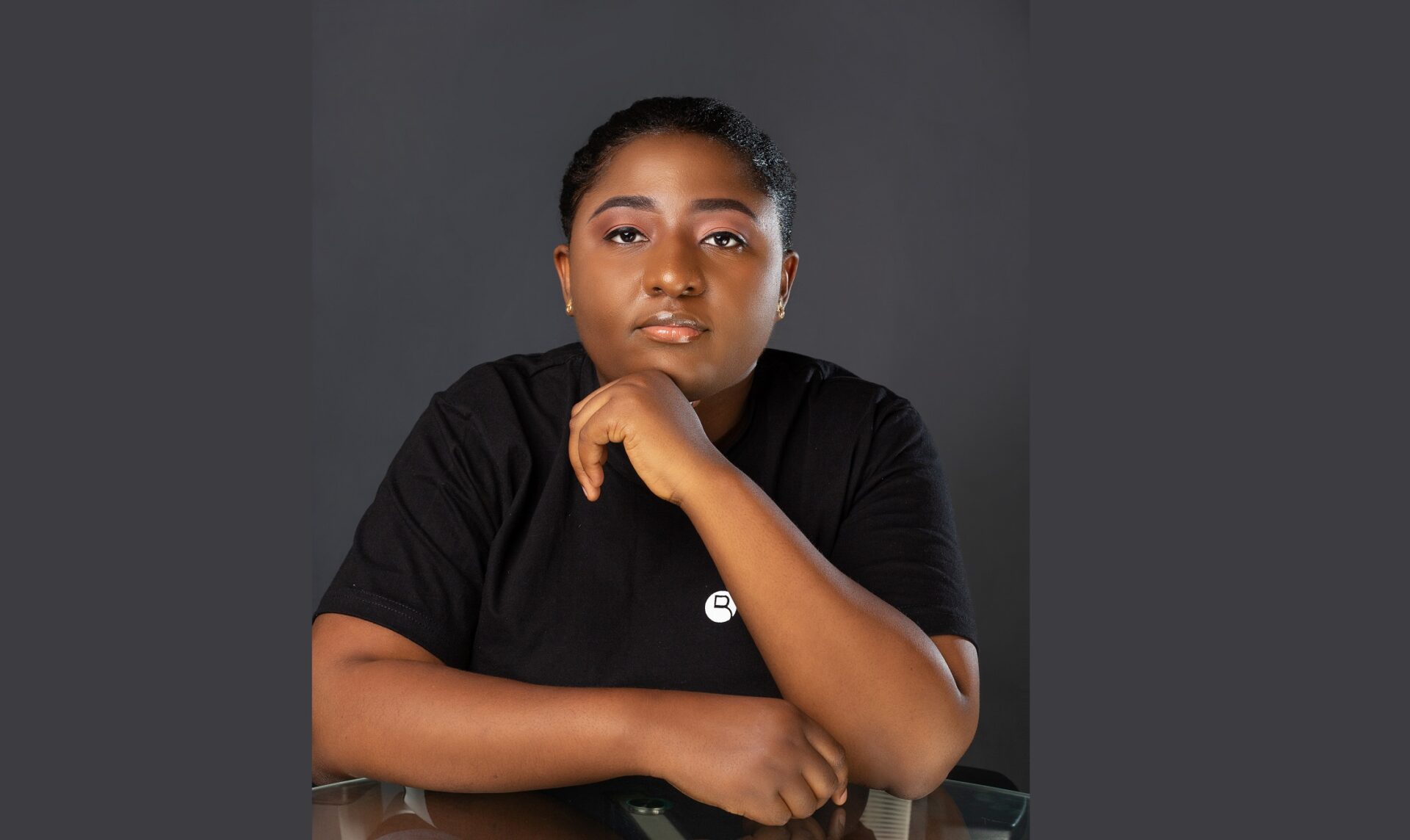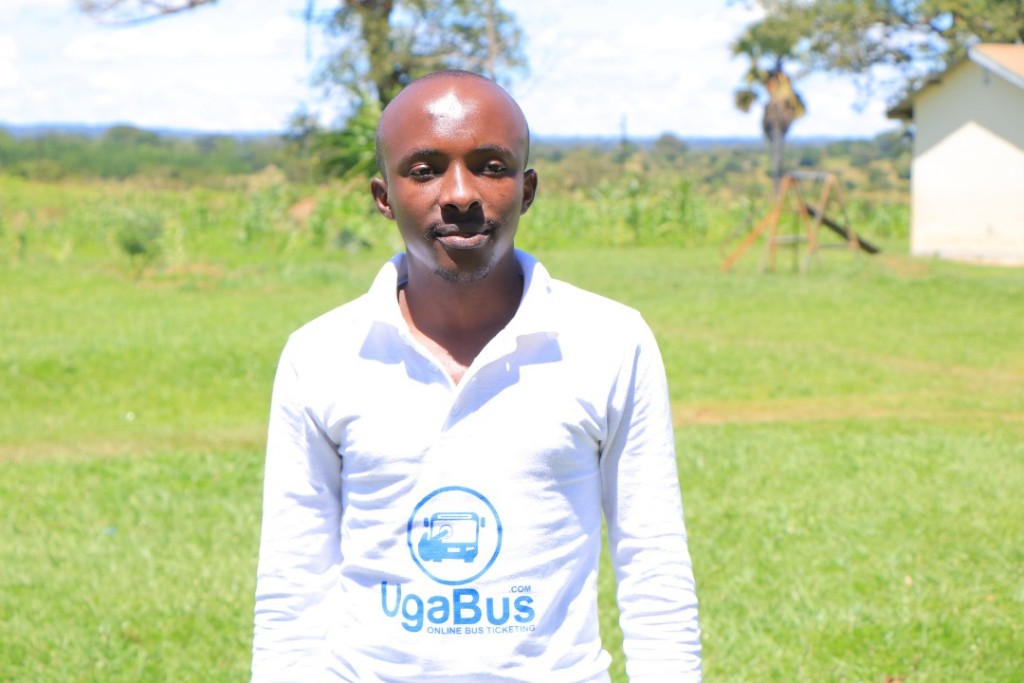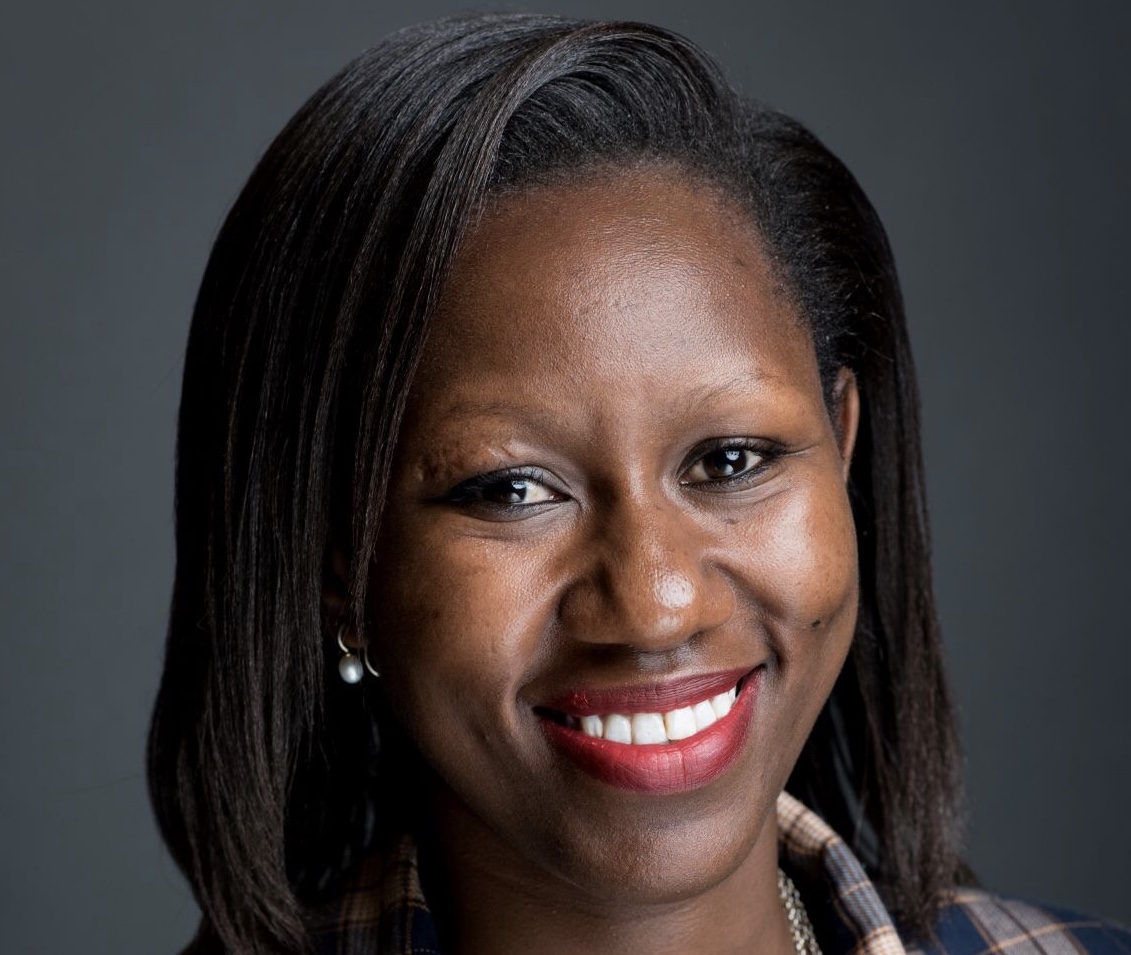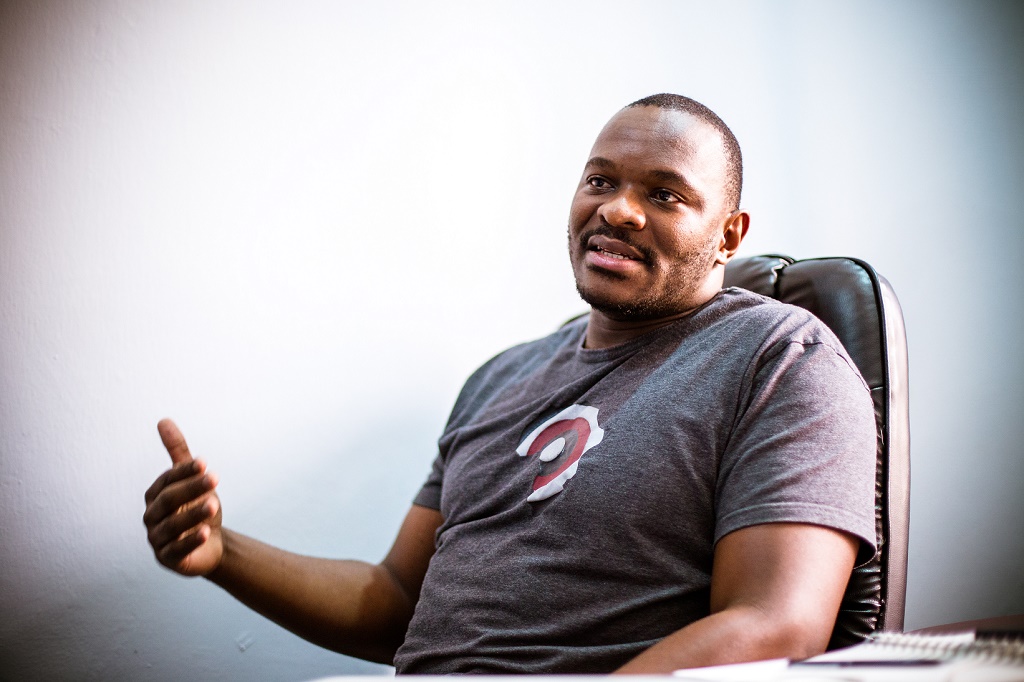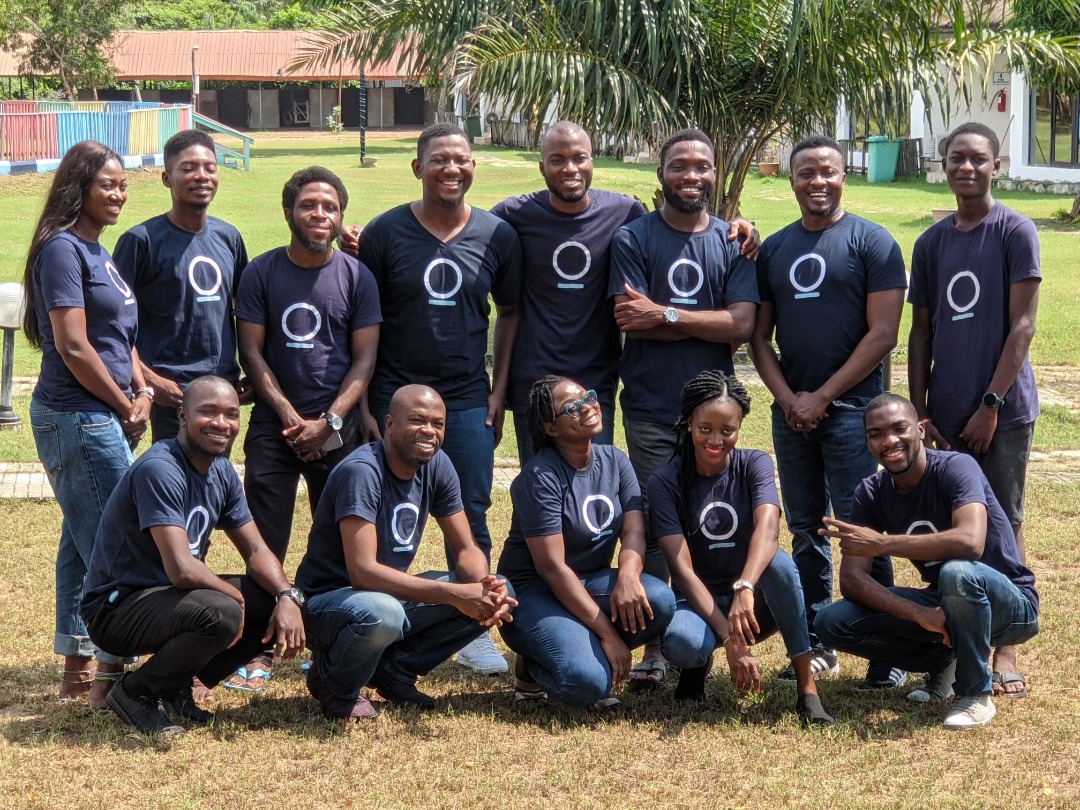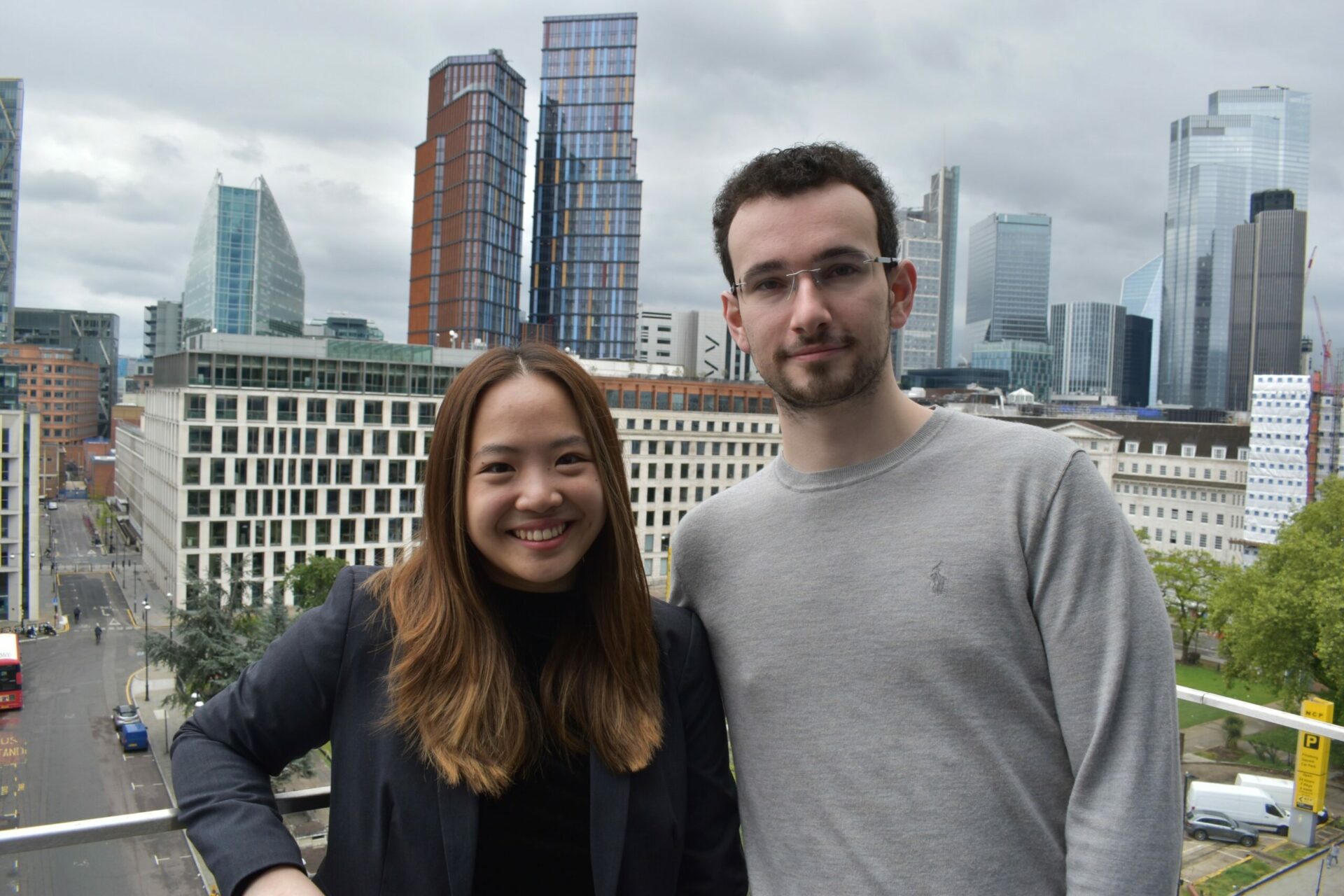In 2019, a two-year-old fintech startup operating out of Nigeria applied to join Techstars Toronto. Until that point, no African startup had gotten into the accelerator, but Sunil Sharma, Managing Director of Techstars Toronto, was intrigued. A former diplomat, he says he is naturally drawn to companies with the potential to serve international markets, hence his interest in Kora (formerly Korapay).
“I was intrigued by Dickson Nsofor (Kora’s founder and CEO),” he told Techpoint Africa from San Francisco, where he was preparing for FounderCon. I looked up some things on YouTube where he was a speaker at some United Nations conferences, and I liked his personal story. So I just got to know him. We had to compete hard to get that investment. There were other options that they had at the time, but I think I made an impression that I'd be steadfast in my commitment to Dickson.”
That initial investment opened the door for more African startups to join Techstars. The year after investing in Kora, Nsofor introduced another Nigerian startup, Quidax, to the Techstars Toronto team, and they got into the accelerator.
According to Sharma, both investments helped the accelerator grow its presence on the African continent. Before the investment in Kora, only 27 African startups, including Klasha, Wella Health, and MAX, had gone through a Techstars accelerator. Since then, another 50 have been accepted into Techstars programs worldwide.
This week, Techstars Toronto made its 100th investment in six years, with African countries making up 33.3% of the newest batch.
Speaking of what a typical Techstars startup looks like, Sharma says the startup ideally has a technical founder and has validated demand for its service.
Beyond these, founders building products with global applications are attractive to the accelerator. This could be products that facilitate remittance, provide insurance for immigrants, or foster talent development. Startups like Lenco, Awabah, TalentQL, and Mycover.ai are a few that fit this criteria.
Helping African startups access global markets
Every business needs capital to function effectively, but many times, even the best-funded businesses fail. Consequently, it has become imperative that investors offer more than just funding to their portfolio companies. Typically, this looks like offering help with hiring key staff, crafting market entry strategies, or navigating regulatory hurdles, but without the benefit of building businesses in Africa, many foreign investors end up being capital providers alone.
Sharma says Techstars' greatest value is the over 8,000 founders in its network. By facilitating relevant networking sessions, founders from different parts of the world can learn from each other and, where necessary, collaborate. As purchasing power dwindles in many parts of the African continent, Sharma envisions a world where solutions built in Africa have global relevance.

Be the smartest in the room
Give it a try, you can unsubscribe anytime. Privacy Policy.
He cites the examples of MPost, a Kenyan startup digitising post offices, and LaborHack, a Nigerian startup that is training and connecting blue-collar workers with jobs. With help from Techstars, LaborHack is already exploring potential use cases for its service in the North American country.
Having been investing in Africa for nearly four years, Sharma admits that there are similarities among entrepreneurs across regions.
“I think the similarities of entrepreneurs is quite similar to what we see here. But I would argue that entrepreneurs move faster in Africa. They are more resilient, more tenacious, and more willing to overcome all obstacles because there are more obstacles.”
It is also collaborating with other investors on the ground to identify promising startups, share lessons, and provide value to portfolio companies. In October 2022, Techstars partnered with ARM Labs to launch the ARM Labs Lagos Techstars Accelerator. That has increased its visibility on the African continent, and it has already invested in Hulugram, an Ethiopian super app. Sharma hints that more hubs could open up on the continent as it plans to double its commitment.
“We really like the partnership with ARM Labs, and it served a mutual interest. We believe that other parts of Africa have many large business entities and government entities that believe in innovation, and we would love to talk to them, whether that's in Kenya, Morocco, Egypt, South Africa, or maybe in Rwanda.”

